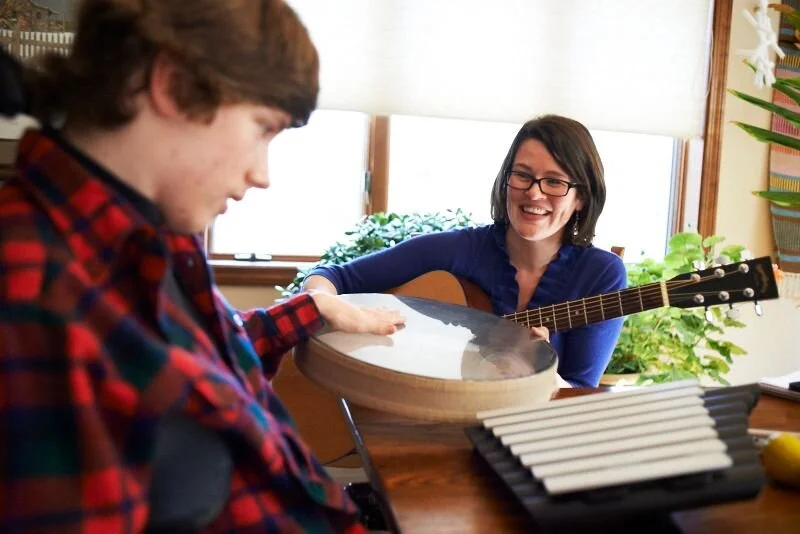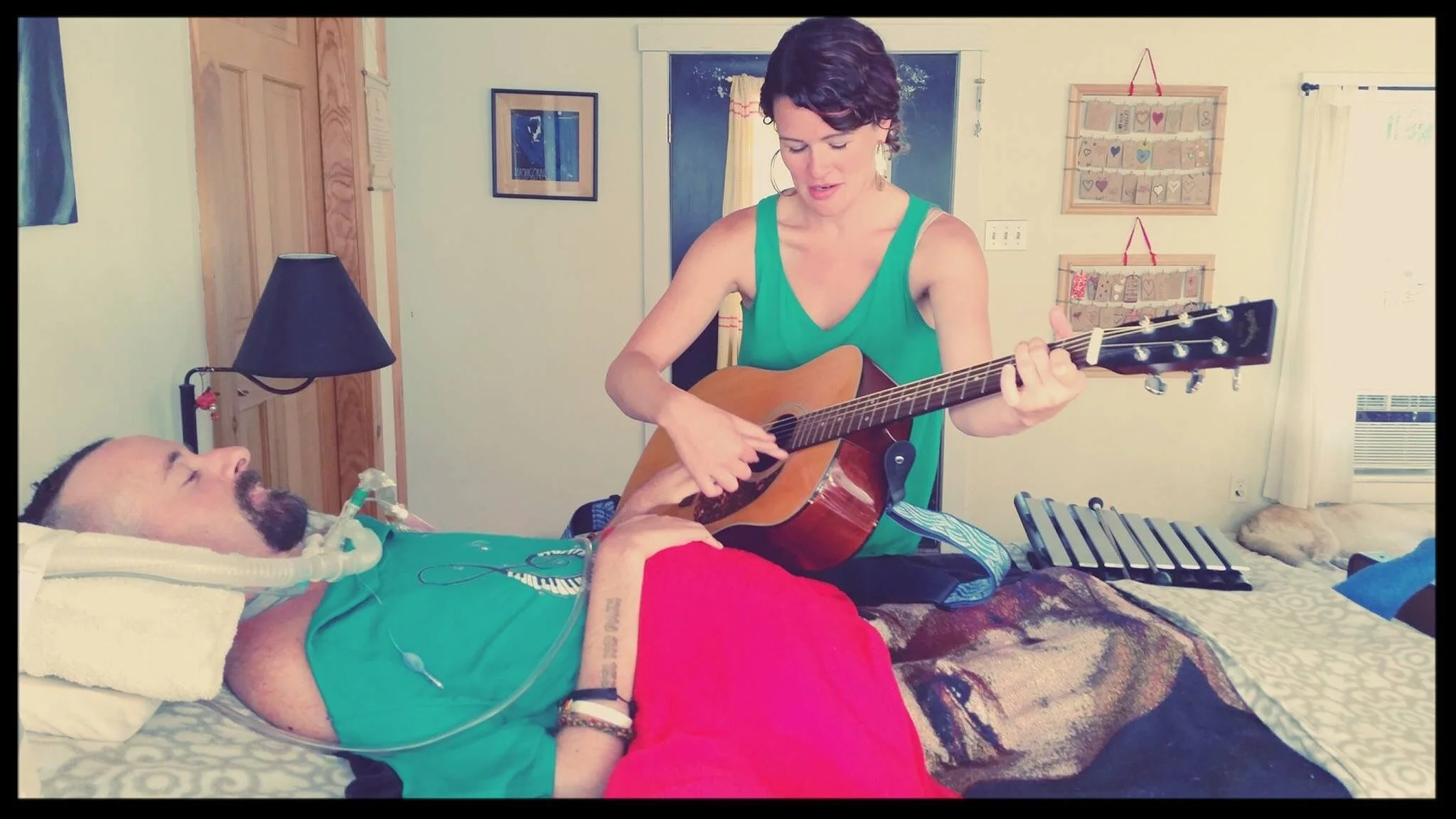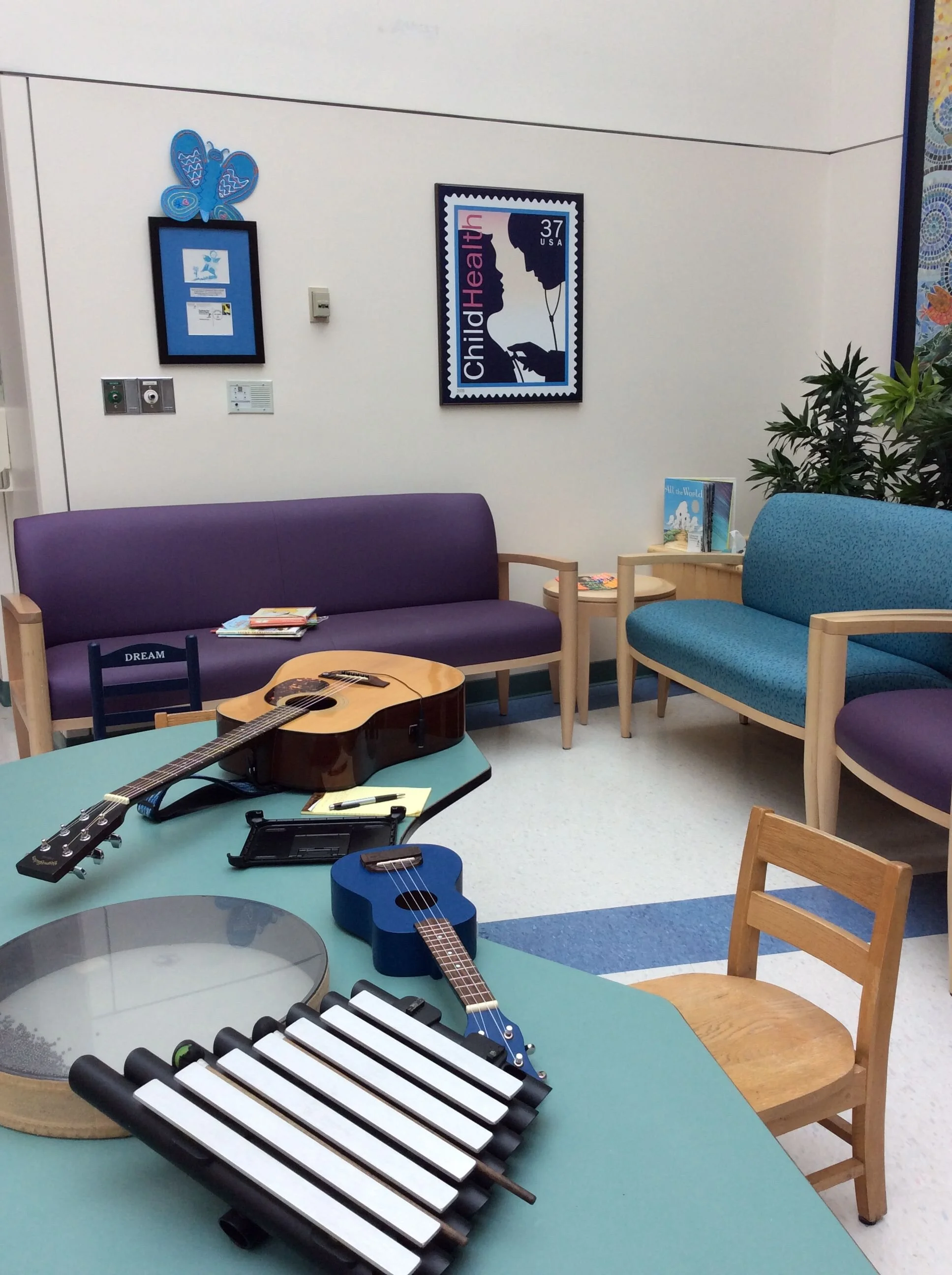I receive a lot of email requests from students who want to learn more about music therapy, either for a research project or for career exploration. I love talking to students and supporting their interests, but I find myself spending time writing lengthy responses and never receiving a follow up. So this blog post is to answer many of the FAQs I receive from students.
Read MoreMusic therapy assessment tools look at every aspect of a patient’s health, including social-emotional, cognitive and physical. I often use the same assessment tools that other therapy modalities use.
Read MoreAlthough I work with many different ages and populations as a music therapist, my work primarily focuses on oncology patients, and adults with intellectual or developmental disabilities and brain injury. I also work with people experiencing general stress. I develop clear goals and objectives for each individual client that work in conjunction with their overall plan of care using both interactive and receptive music therapy techniques.
Read MoreThrough music therapy, clients' abilities are strengthened and transferred to other areas of their lives. For example, music therapy was an integral part of Congresswoman Gabby Gifford’s rehabilitation to regain her speech after surviving a bullet wound to her brain… Music therapists work with adults with Parkinson’s disease to improve motor function and older adults to lessen the effects of Alzheimer’s. Music therapy can reduce physical pain and provide emotional support for clients and their families.
Read More




